Hydrofluoric acid is a highly corrosive chemical substance widely used in industries such as chemical processing, metallurgy, and pharmaceuticals. The selection of the appropriate pump material is crucial when it comes to transporting hydrofluoric acid as it ensures stable pump operation and prevents leakage. This article will discuss the material selection for pumps used in hydrofluoric acid transfer and emphasize its significance.
I. The Importance of Pump Material Selection: Choosing the right pump material is of utmost importance for the transfer of hydrofluoric acid. The following points highlight the significance of pump material selection:
1.Corrosion Resistance:
Hydrofluoric acid exhibits strong corrosive properties and can attack most metals and alloys. Selecting materials with excellent corrosion resistance prevents the pump from being corroded by hydrofluoric acid, ensuring long-term stable operation.
2.Seal Performance:
The sealing performance of the pump is crucial for the transfer of hydrofluoric acid. Optimal material selection ensures that the pump's sealing devices effectively prevent acid leakage, thereby safeguarding the safety of personnel and the environment.
3.Structural Stability:
Hydrofluoric acid pumps are subjected to high pressures and temperatures during the transfer process. Therefore, the chosen material should possess sufficient structural stability to withstand these external forces and maintain normal pump operation.
II. Suitable Pump Materials for Hydrofluoric Acid Transfer: When selecting pump materials suitable for hydrofluoric acid transfer, the following are commonly used options:
1.Fluoroplastics:
Fluoroplastics such as polytetrafluoroethylene (PTFE) and fluorinated ethylene propylene (FEP) are excellent choices for pump materials. They offer outstanding corrosion resistance and high-temperature stability, allowing the pump to operate reliably in the presence of hydrofluoric acid.
2.High-Alloy Steel:
High-alloy steels such as stainless steel 316 and titanium alloys are widely used in pumps for hydrofluoric acid transfer. These materials exhibit high corrosion resistance and effectively withstand the corrosive effects of hydrofluoric acid, ensuring the durability of the pump.
3.Polyurethane:
Polyurethane is another corrosion-resistant material suitable for hydrofluoric acid pump applications. It possesses excellent chemical resistance and favorable physical properties, making it suitable for specific working environments.
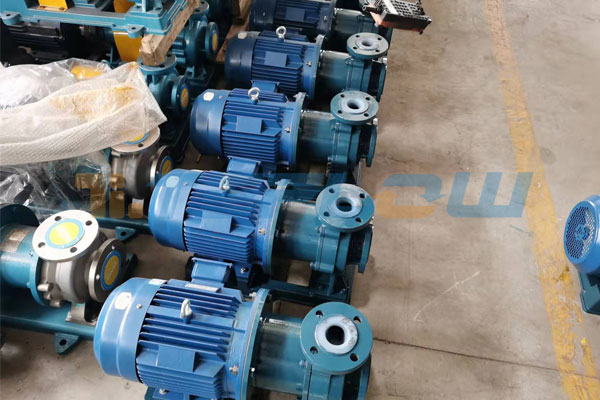
Choosing the appropriate pump material for hydrofluoric acid transfer is crucial to ensure smooth industrial processes and the safety of operations. Fluoroplastics, high-alloy steels, and polyurethane are commonly used pump material options due to their excellent corrosion resistance and structural stability. Other factors to consider when making material selections include specific working conditions, temperature, and pressure requirements to ensure the chosen materials meet the practical demands. By selecting the right hydrofluoric acid pump material, we can effectively protect equipment and personnel while ensuring the reliable transfer of hydrofluoric acid, thereby providing a sustainable guarantee for industrial production.





 +86 18130251359
+86 18130251359 teflowpumps@tlpumps.com
teflowpumps@tlpumps.com

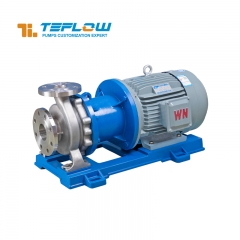
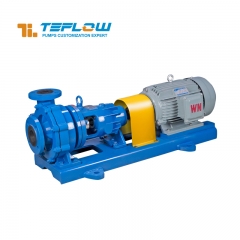
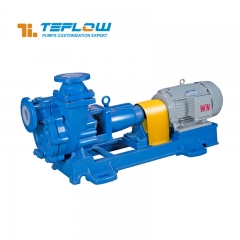
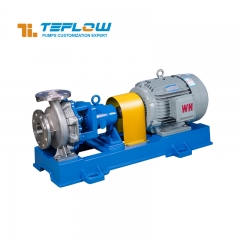








 +86+0563-5093318
+86+0563-5093318
